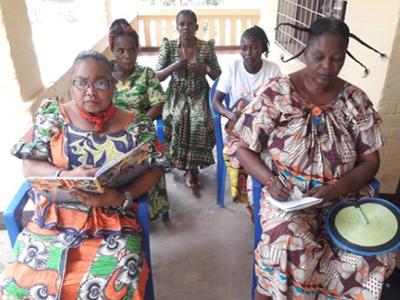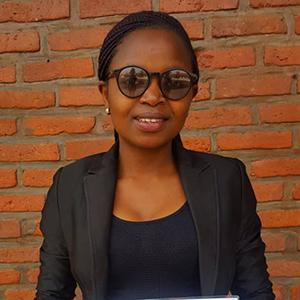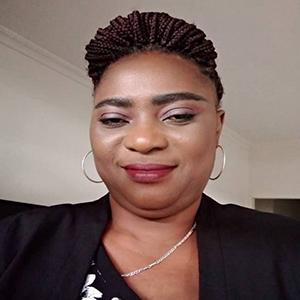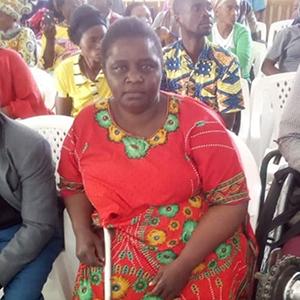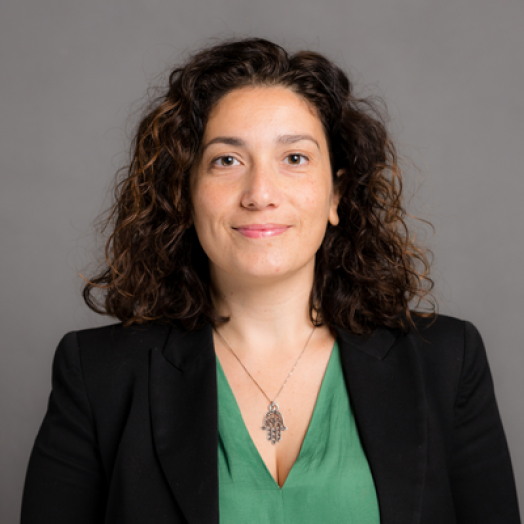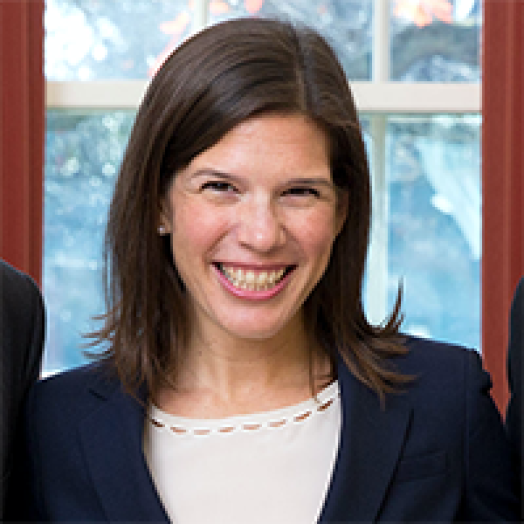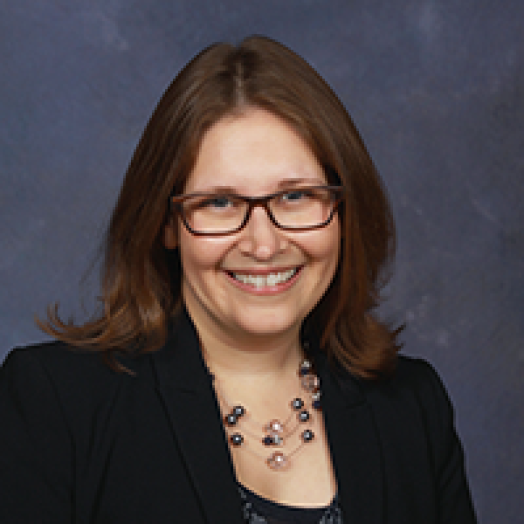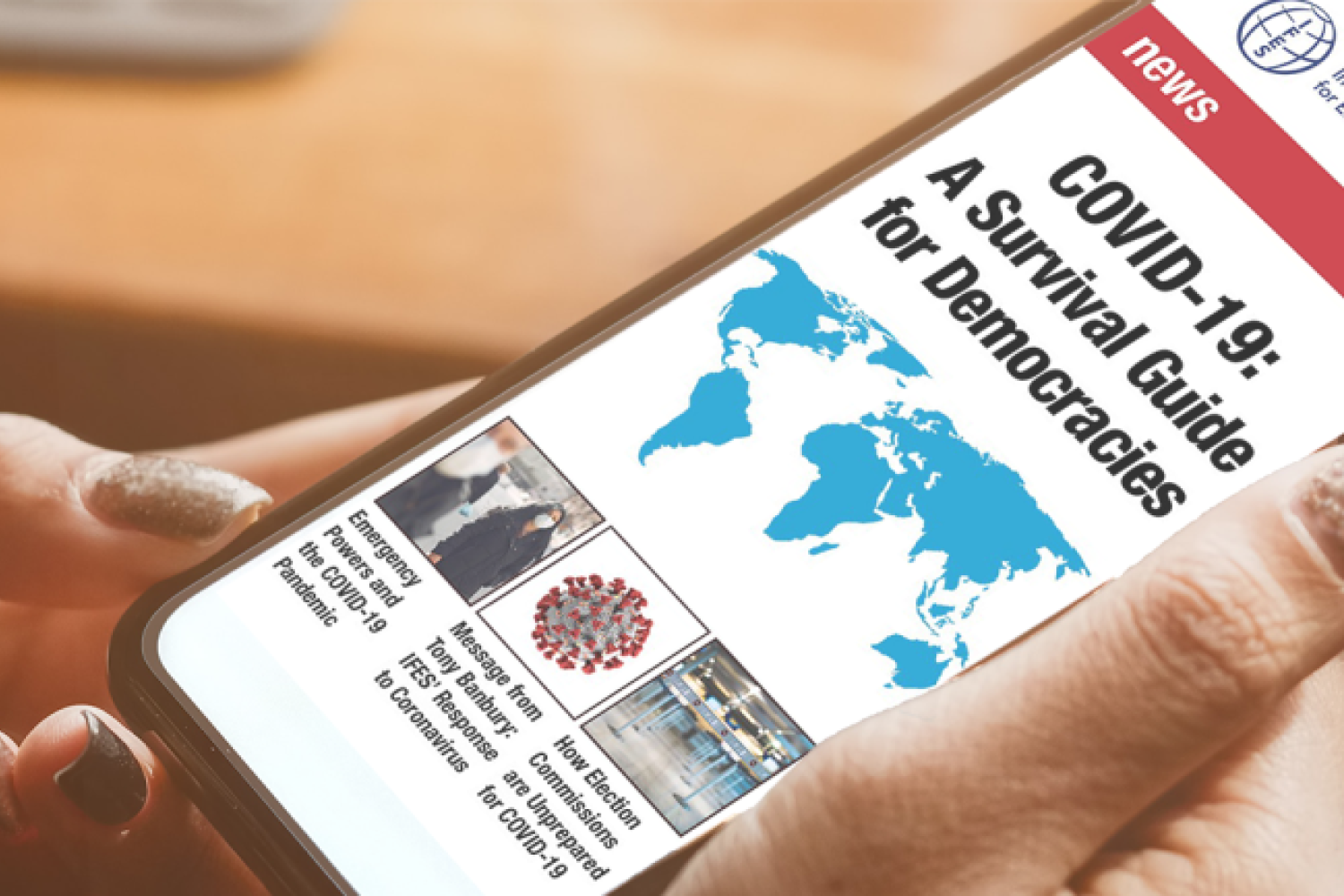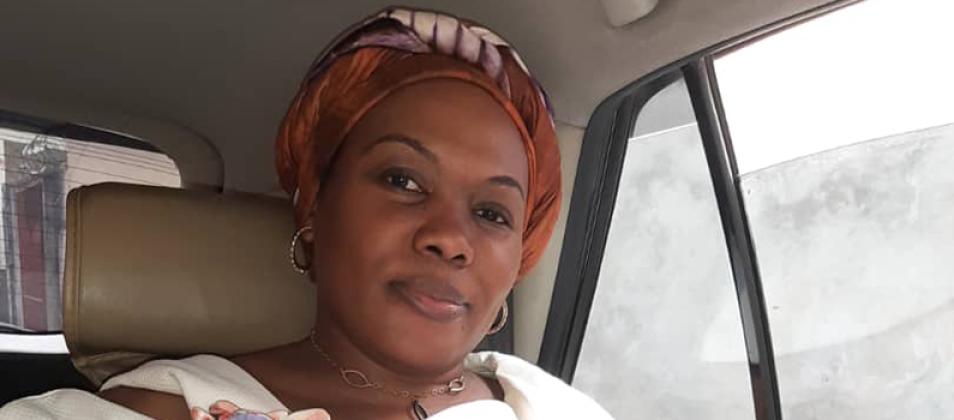
Congolese Women Equipped to Advocate
Inclusive democracies provide for the equal participation of men and women as voters, candidates, and active citizens. In the Democratic Republic of the Congo (DRC), women, especially young women and women with disabilities, often do not have the same access to civic and voter education. While assessing the DRC’s electoral preparations, the International Foundation for Electoral Systems (IFES) identified a need to promote inclusive participation throughout the electoral process, including the ability of Congolese women to access voter education and political participation.
As part of the “Electoral Integrity Activity” funded by the United States Agency for International Development, in the summer of 2020, IFES offered in-depth online trainings on the country’s electoral systems and gender inclusion in the legal framework and reform processes. These trainings were developed for two women-led civil society organizations (CSOs) whose members are involved in elections and the electoral reform process: the National Dynamic of Women Candidates (Dynamique Nationale des Femmes Candidates, DYNAFEC) and the Dynamic of Regional Women’s Networks (Dynamique des Réseaux des Femmes des Provinces, DRF). DYNAFEC is active in 12 provinces and composed of around 2,000 women, including past and prospective legislative candidates, members of political parties and community leaders. Its members advocate within their respective political parties and the National Parliament for the inclusion of gender in electoral reform efforts. Similarly, DRF is a civil society platform active in 26 provinces, networking women leaders and CSOs that engage in women’s empowerment, social inclusion and civic and voter education.
Over several weeks, IFES organized 18 three-hour training sessions for women ages 21 to 73 years old. The sessions featured local and international experts and interactive activities such as question-and-answer sessions, debates and brainstorming on the best strategies for advocating for gender inclusion. All trainings were held virtually due to COVID-19 but despite issues like a lack of access to internet and digital devices, trainees overcame such challenges through a collaborative approach: Some women in the same province gathered in front of a single device when computers and internet connection were limited.
A total of 123 women successfully completed the training and reported that the most impactful session explained the electoral system, as many had not previously received civic education.
Following the trainings, one participant organized cascade trainings in her province during International Women’s Month, one decided to run for political office and another became the minister of gender.
Vicky is a computer network engineer based in Goma, North Kivu. She is also an activist and a member of DYNAFEC’s youth wing.
“Before IFES’ training, the problems of our country did not interest me much because I thought that, as a woman, I could not change anything for the better. For me, integrating gender into parliamentary practices was just a fantasy and a distraction but after the IFES training, I realized that I was living in total ignorance. Thanks to the training session with IFES, I decided to run for the position of electoral manager of the youth committee in my political party. I remain positive, and from now on I will be engaged and optimistic.”
Adèle is a teacher with disabilities and a former provincial candidate in the Kinshasa district.
“Before the training, I had no knowledge of electoral law, nor of the legal texts on elections, but with the documentation that IFES provided us during the training and brainstorming exercises we had together with other participants, I improved my knowledge.”
Kavira is a teacher with disabilities and president of the CSO Women Living with Disabilities. She is also a provincial coordinator for the League of People Living with Disabilities in North Kivu.
“The IFES training on election law and legal frameworks allowed us to strengthen and reinforce our capacities, to familiarize [ourselves] with national and international legal instruments for the protection of people with disabilities and to understand how [to] claim our own rights.”
Published on May 12, 2021.




